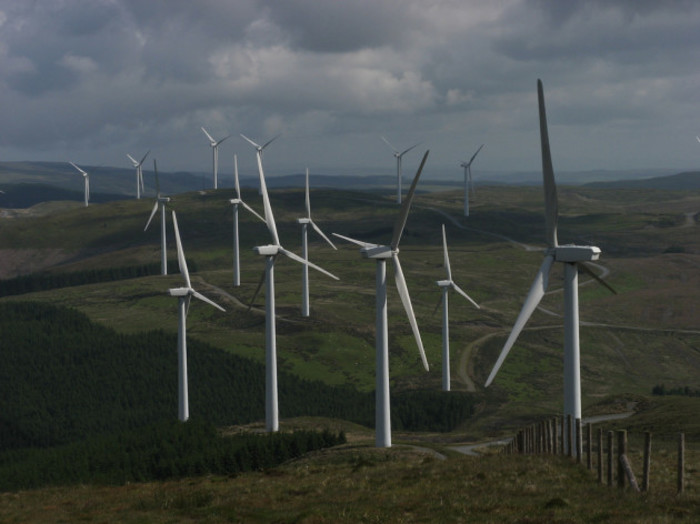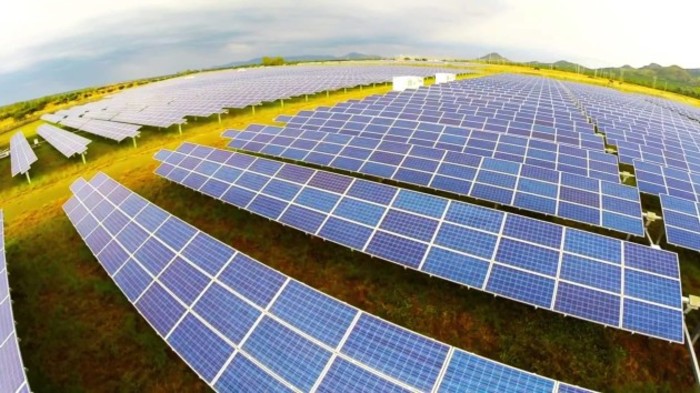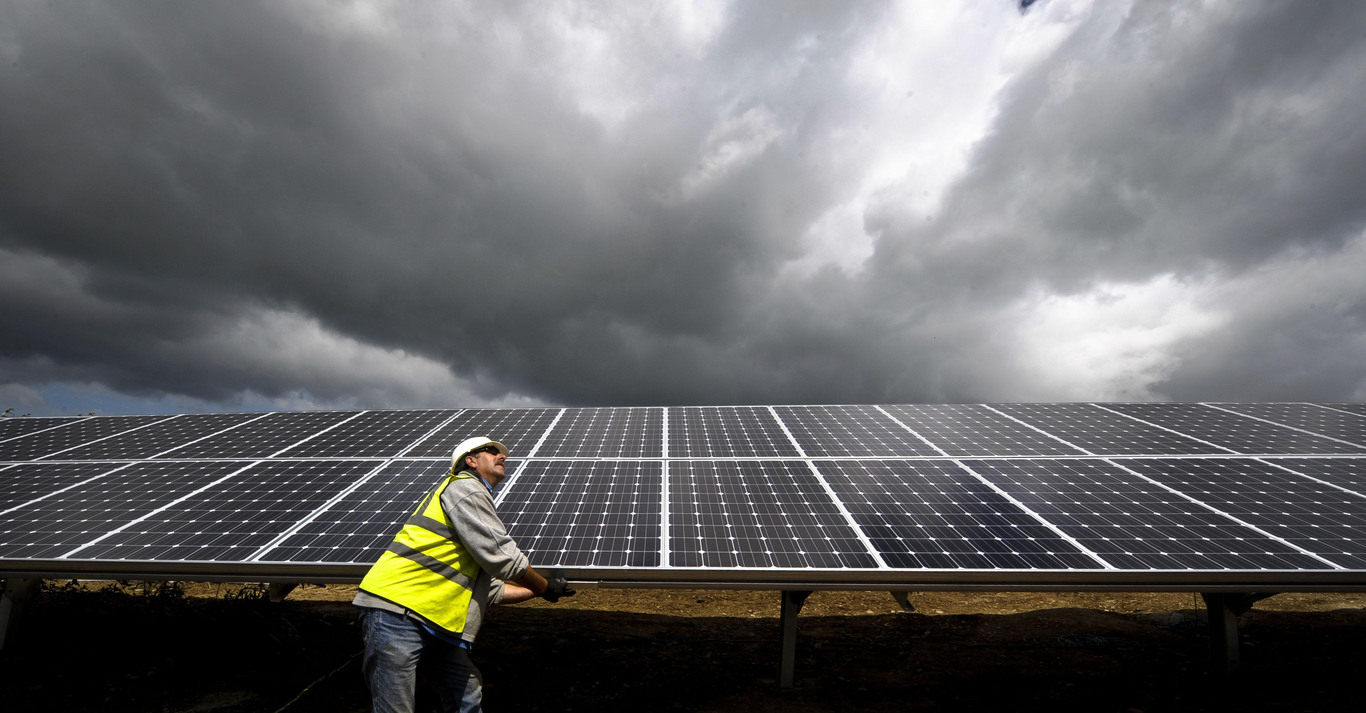'The government's dithering on solar energy will cost the Irish taxpayer millions'
A new renewable energy support scheme is being developed to help Ireland avoid EU fines.
THE GOVERNMENT’S UNWILLINGNESS to provide a direct subsidy for the solar energy industry will end up costing taxpayers hundreds of millions of euro, according to the industry’s main lobby.
The CEO of the Irish Solar Energy Association (ISEA), Michael McCarthy, said that Ireland is likely to incur big fines from the EU because it will not hit renewable energy targets.
“We are very anxious and frustrated. We will have to pay the piper if the government keeps dithering on climate change and leaves taxpayers exposed to massive financial sanctions,” he said.
The target of McCarthy’s ire is a consultation document that was published by the government during the week.
Ireland, along with other EU member states, has been set a legally binding target to generate a set percentage of its energy needs from renewable power by the end of the decade.
The national targets vary from 49% for Sweden, to only 10% for Malta. Ireland’s target was set at 16%. It is estimated that 9.1% of Ireland’s energy demands were met by renewables in 2015 and that it is on track to miss its agreed goal.
If Ireland does not reach its target, it could be fined between €100 million and €150 million for each percentage point it falls short.
New support scheme
To help Ireland reach its 2020 goal, the government plant to launch a new renewable energy support scheme that will provide financial support to renewable electricity projects in Ireland.
The solar industry has been lobbying for months for a subsidy to be provided to the sector that would make it cheaper to build large solar farms. As previously explored by Fora, the Republic of Ireland has no large solar farms of note currently operating.
However, the guidelines for the consultation said that the government will likely go with a ‘technology neutral’ approach for the scheme.
This means that rather than specific subsidies being extended to different types of renewable energy – that is, one support scheme for wind, another for solar – there would be one support scheme for the whole renewable energy industry.

Accordingly, different types of renewable energy developers would compete for government subsidies. The ISEA says that as wind energy is currently the cheapest form of renewable power, it will likely win the bulk of the subsidies.
The department said that it favours this approach because: “The economic evidence suggests that a number of technologies have overlapping costs and could compete against each other.”
‘Dithering’
However, the ISEA claims this strategy will prove a bad bet for the taxpayer. McCarthy said that solar farms can be developed much faster than wind farms, something which is important as the country struggles to avoid EU fines.
“Wind on its own can’t meet it (the EU 2020 deadlines). Once you go through planning and An Bord Pleanála, it can take as long as six years to get it done for onshore wind,” he said.
He said that solar can be developed “much faster” – in about 12 months when planning permission is secured.
 A solar farm
A solar farm
McCarthy said he wants the government to let companies compete to find the cheapest subsidy possible for solar developers.
“We could run an auction and then that outcome would be subject to EU Commission approval,” he said.
Dozens of developers have applied for planning permission to build major solar farms around the country, however McCarthy said that they may be unwilling to press ahead with building in the absence of a specific solar subsidy.
“Between planning and grid connections the solar industry has the capacity to roll out, the missing piece of the jigsaw is in Merrion Street,” he said.
McCarthy denied that the solar industry is looking for a handout from the state, adding that he wanted to ensure that Ireland avoids EU fines.
“If you have a technology-neutral approach only wind can emerge, and then you miss your 2020 targets, and possibly 2030. If this dithering continues, we will miss them,” he said.






